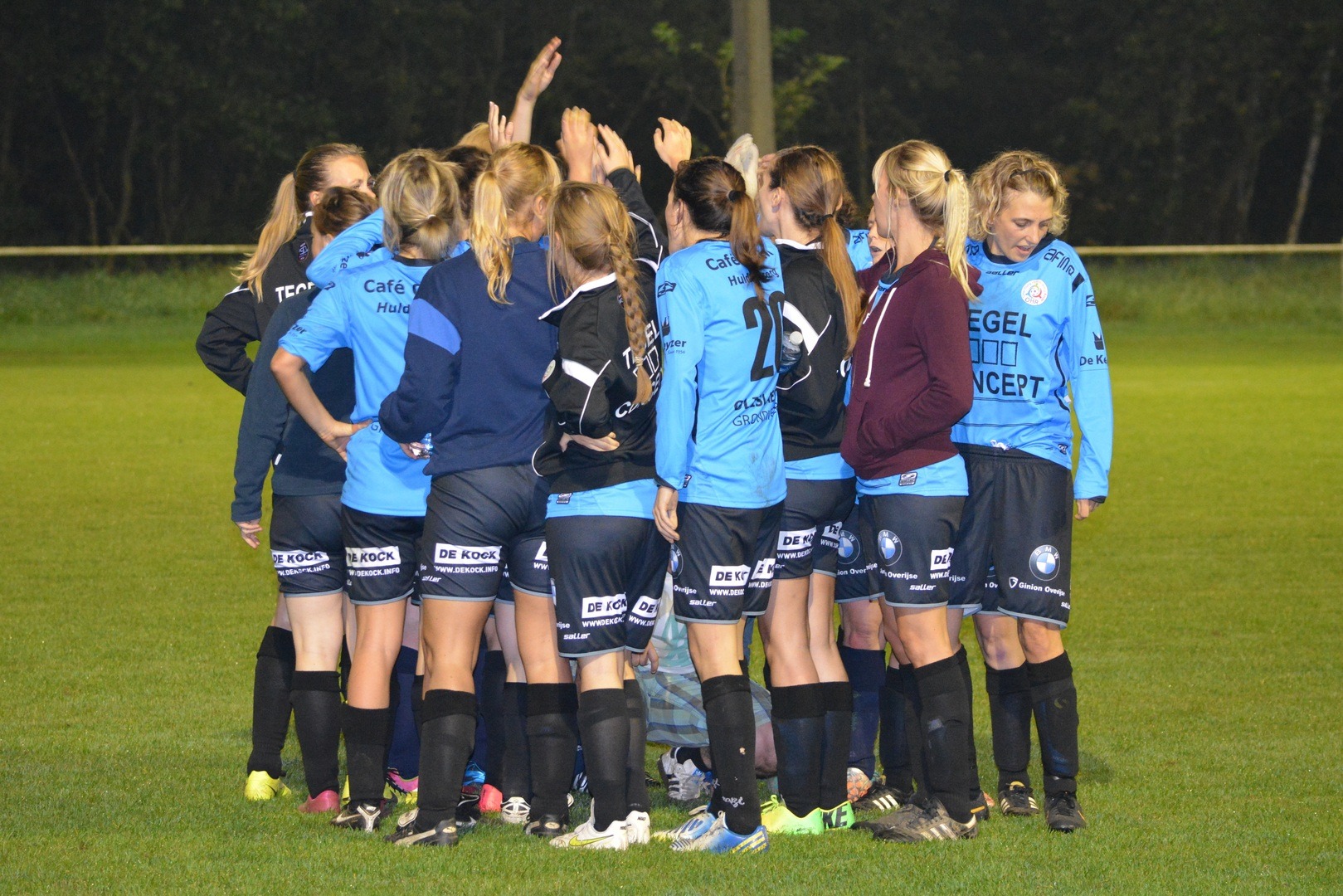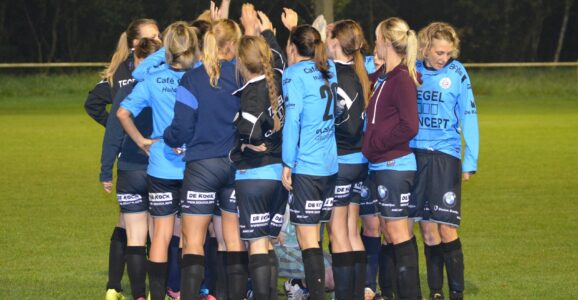Introduction
In the realm of sports psychology, understanding the nuances of personality traits and their impact on athletic performance is paramount. The Five Factor Model (FFM) offers a comprehensive framework for examining these influences, shedding light on how individual differences in personality shape athletes’ behaviors, attitudes, and ultimately, their performance outcomes. This essay delves into the intricate relationship between the Five Factor Model and sports performance, elucidating five key insights into how personality traits influence athletic success.
1. Openness: Embracing Adaptability and Creativity in Sports
Innovation and Tactical Versatility
Openness, the first dimension of the Five Factor Model, encompasses traits such as curiosity, creativity, and a willingness to embrace new experiences. In the context of sports, athletes high in Openness exhibit a proclivity for innovative strategies, adaptability to changing game conditions, and a flair for unconventional plays. Research by Swann et al. suggests that Openness correlates positively with athletes’ ability to think outside the box and devise novel approaches to challenges on the field or court.
Psychological Flexibility and Performance Enhancement
Moreover, Openness contributes to athletes’ psychological flexibility, enabling them to cope effectively with setbacks, learn from failures, and explore new training methodologies. Studies have demonstrated that athletes high in Openness are more receptive to feedback, more likely to experiment with different techniques, and more resilient in the face of adversity, all of which can translate into enhanced performance outcomes.
2. Conscientiousness: The Drive for Excellence and Discipline in Sports
Discipline and Goal Orientation
Conscientiousness, characterized by traits such as diligence, discipline, and goal-directed behavior, emerges as a key predictor of success in the athletic arena. Athletes high in Conscientiousness exhibit a strong work ethic, meticulous attention to detail, and a relentless pursuit of excellence. Research suggests that Conscientious athletes are more likely to adhere to training regimens, set ambitious performance goals, and maintain focus and composure during competitions.

Consistency and Performance Stability
In addition, Conscientious athletes demonstrate greater consistency in their performance, minimizing fluctuations in form and maximizing their potential to deliver peak performances when it matters most. Studies have highlighted the role of Conscientiousness in fostering resilience to pressure, enhancing decision-making under stress, and sustaining optimal levels of physical and mental readiness throughout the competitive season.
3. Extraversion: Leveraging Social Energy and Leadership in Sports
Team Cohesion and Motivational Influence
Extraversion, characterized by traits such as sociability, assertiveness, and positive energy, plays a crucial role in shaping team dynamics and leadership effectiveness in sports. Extraverted athletes excel in fostering camaraderie, boosting team morale, and galvanizing their teammates toward shared goals. Research indicates that Extraverted athletes are perceived as natural leaders who inspire confidence, foster a sense of unity, and elevate collective performance through their infectious enthusiasm and charisma.
Public Speaking and Media Interaction
Moreover, Extraversion enhances athletes’ ability to thrive in the spotlight, whether during post-game interviews, public appearances, or promotional events. Athletes high in Extraversion are more comfortable engaging with fans, sponsors, and the media, thus amplifying their visibility and marketability in the sports industry. Studies have highlighted the correlation between Extraversion and athletes’ success in building personal brands, attracting endorsements, and leveraging their public image for commercial opportunities.
4. Agreeableness: Fostering Cooperation and Sportsmanship in Athletics
Teamwork and Conflict Resolution
Agreeableness, characterized by traits such as cooperativeness, empathy, and altruism, underpins the spirit of sportsmanship and collaboration within athletic teams. Agreeable athletes prioritize harmonious interpersonal relationships, communicate effectively with teammates, and demonstrate a willingness to sacrifice personal glory for the collective good. Research suggests that Agreeable athletes contribute to a positive team culture, where mutual respect, trust, and camaraderie flourish, laying the groundwork for sustained success on and off the field.

Fair Play and Ethical Conduct
Furthermore, Agreeableness is associated with ethical conduct and adherence to the principles of fair play and integrity in sports. Athletes high in Agreeableness are less likely to engage in unsportsmanlike behavior, such as cheating, diving, or verbal aggression, and are more inclined to uphold the values of honesty, respect, and sportsmanship. Studies have underscored the role of Agreeableness in promoting a positive competitive environment, where mutual respect and ethical conduct are paramount.
5. Neuroticism: Managing Stress and Enhancing Resilience in Sports
Emotional Regulation and Performance Anxiety
Neuroticism, the final dimension of the Five Factor Model, encompasses traits such as anxiety, emotional volatility, and susceptibility to stress. In the context of sports, athletes high in Neuroticism may experience heightened performance anxiety, self-doubt, and rumination over past mistakes. Research suggests that excessive Neuroticism can impair athletes’ ability to concentrate, control their emotions, and perform optimally under pressure.
Coping Strategies and Mental Toughness
However, effective stress management techniques and resilience-building interventions can help mitigate the negative effects of Neuroticism on sports performance. Athletes can benefit from strategies such as mindfulness, cognitive reframing, and relaxation training to regulate their emotions, enhance their coping skills, and cultivate mental toughness in the face of adversity. Studies have highlighted the role of psychological interventions in empowering athletes to overcome performance anxiety, bounce back from setbacks, and thrive in high-pressure situations.
Leveraging the Five Factor Model to Enhance Team and Individual Performance
Coaches play a pivotal role in maximizing the potential of their athletes, both as individuals and as a cohesive unit. By harnessing insights from the Five Factor Model (FFM) of personality, coaches can tailor their coaching strategies to optimize team dynamics and enhance individual performance. Here’s how coaches can leverage each dimension of the FFM to improve team and individual outcomes:
1. Openness: Encouraging Innovation and Adaptability
Coaches can foster a culture of innovation and adaptability by encouraging athletes to explore new techniques, strategies, and training methodologies. Emphasizing the value of experimentation and creative problem-solving can empower athletes to think outside the box and approach challenges with an open mind. Coaches can facilitate brainstorming sessions, incorporate unconventional drills, and provide opportunities for athletes to share and implement their ideas, thereby fostering a dynamic and innovative team environment.
2. Conscientiousness: Cultivating Discipline and Goal Orientation
To cultivate discipline and goal orientation among athletes, coaches can implement structured training programs, set clear performance objectives, and establish a culture of accountability and professionalism. By emphasizing the importance of diligence, perseverance, and attention to detail, coaches can instill a strong work ethic and foster a sense of purpose and commitment among team members. Providing regular feedback, tracking progress toward goals, and recognizing and rewarding exemplary effort can further motivate athletes to strive for excellence and achieve their full potential.
3. Extraversion: Building Team Cohesion and Leadership Skills
Coaches can leverage the extraverted traits of sociability, assertiveness, and positive energy to foster team cohesion and develop leadership skills among athletes. Encouraging open communication, team-building activities, and collaborative problem-solving can strengthen interpersonal relationships and enhance trust and camaraderie within the team. Additionally, coaches can identify and cultivate emerging leaders by providing opportunities for athletes to take on leadership roles, mentor their teammates, and serve as positive role models both on and off the field.
4. Agreeableness: Promoting Collaboration and Sportsmanship
To promote collaboration and sportsmanship, coaches can emphasize the importance of mutual respect, empathy, and teamwork among athletes. Establishing clear expectations for respectful behavior, conflict resolution protocols, and a zero-tolerance policy for unsportsmanlike conduct can create a positive and inclusive team culture. Coaches can also facilitate team-building exercises, promote peer support and camaraderie, and celebrate acts of kindness and sportsmanship, thereby reinforcing the value of agreeable traits in fostering a supportive and cohesive team environment.
5. Neuroticism: Supporting Stress Management and Resilience
Coaches can support athletes in managing stress and enhancing resilience by providing resources and guidance on effective stress management techniques. Encouraging athletes to practice mindfulness, relaxation exercises, and mental imagery can help alleviate performance anxiety and enhance emotional regulation. Additionally, coaches can foster a supportive and nurturing coaching environment, where athletes feel comfortable seeking help and expressing their emotions openly. By promoting a growth mindset, emphasizing the importance of self-care, and offering personalized support to athletes facing challenges, coaches can empower their athletes to overcome adversity and thrive in high-pressure situations.
Conclusion
In conclusion, the Five Factor Model offers valuable insights into the complex interplay between personality traits and sports performance. From fostering innovation and discipline to nurturing teamwork and resilience, each dimension of the FFM influences athletes’ behaviors, attitudes, and ultimately, their ability to excel in competitive environments. By understanding these dynamics, coaches, athletes, and sports organizations can tailor training programs, optimize team dynamics, and maximize individual potential, paving the way for success on the playing field and beyond.


